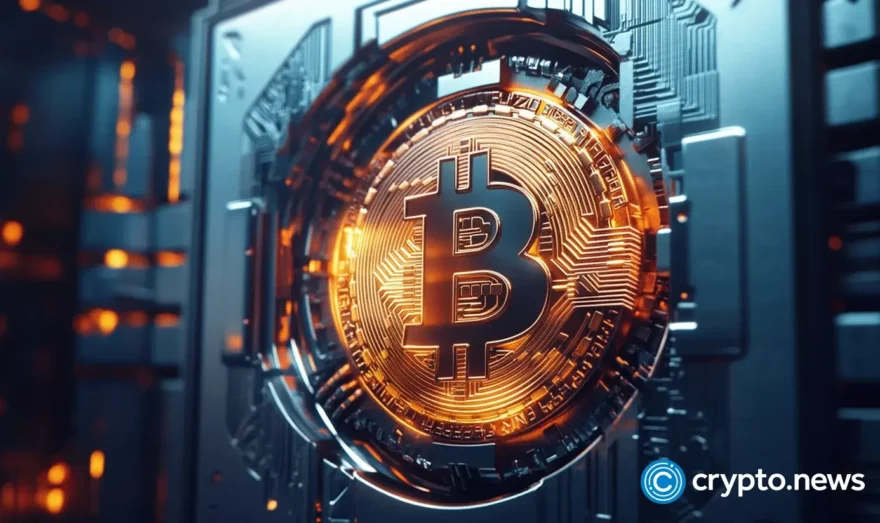Deutsche Bank Strategist Theorizes a Bright Future for Crypto If High Inflation Surfaces

The research team at Deutsche Bank put out a report titled “Imagine 2030”, where they analyze the last few decades and put forth a number of scenarios that could play out in the coming decade. In one such scenario, Jim Reid, a strategist at Deutsche, believes that high inflation is a real risk in the coming decade, and cryptocurrency can help denounce it by acting as an alternative system, reported by Bloomberg, December 5, 2019.
Labour Supply Hindered Inflation, Could Reprise
In the middle half of the 20th century, the United States – and the rest of the world by default – went through an extremely inflationary phase, as it rose from near 1-2 percent in the 1960s to almost 15 percent by 1980. This led to gold prices rocketing nearly 2400 percent from 1970 to 1980.
Using this theory as his base, Reid theorizes that rise in inflation could turn demand towards Bitcoin and other cryptocurrencies, rather than gold. But, of course, inflation is not a worry in the modern world, in fact, the United States is trying to raise inflation, so how does this even make sense?
In short, Reid believes inflation has been artificially suppressed by the influx of labor from China. Labour and capital serve as the two primary factors of production. And with cheap Chinese labor flooding the market and keeping product price low, there has been no need to worry about inflation – especially as the Chinese yuan depreciates against the dollar.
Pragmatic Outlook for the Future
In reality, high inflation is not likely to be a major issue in 2019, so crypto is going to have to find a new narrative to fight for. It is definitely possible that inflation runs rampant, but that would mean Chinese labor becomes more expensive. Given the political climate in China and the unwillingness of other countries to apprehend the situation, this is a highly unlikely scenario.
Bitcoin’s monetary framework that creates value rather than destroying it is a benefit, but not the focal point. The political implications that come with privacy, censorship resistance, and lack of a single point of failure are all the key components that will lead to this space thriving over the long term.












